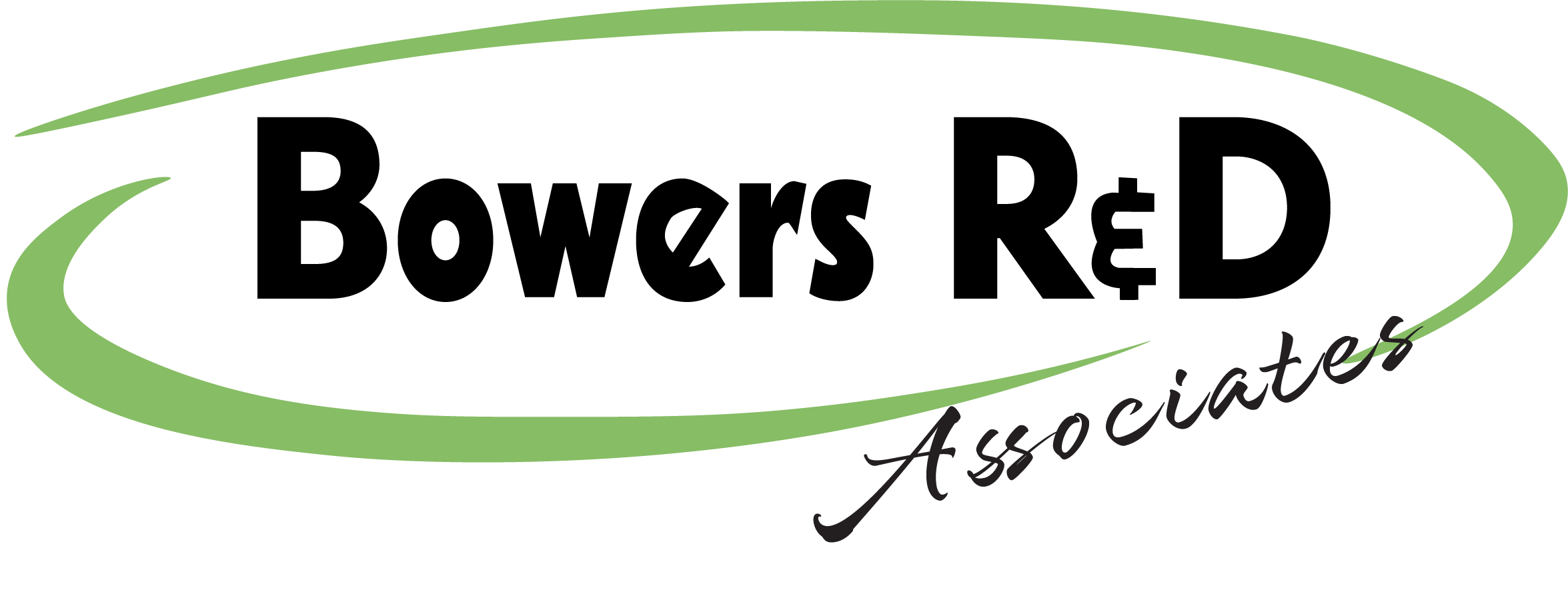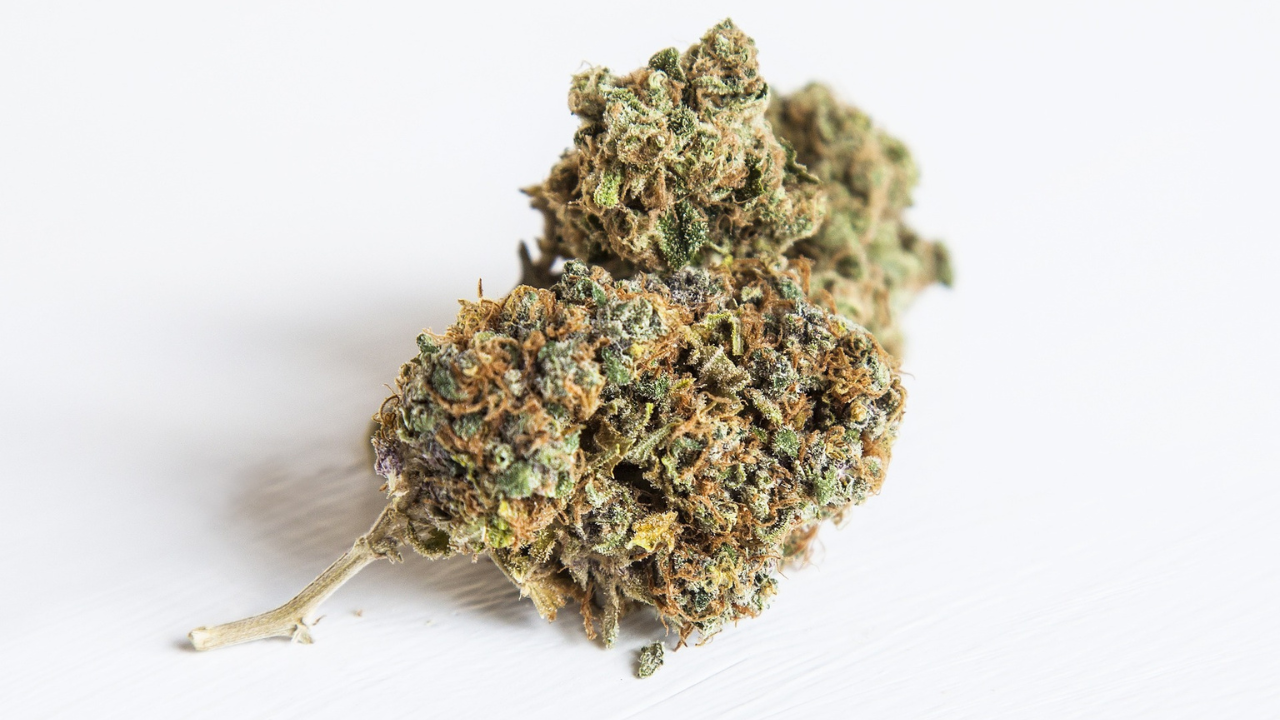If marijuana is reclassified as a Schedule III drug, plant touching companies could benefit from Federal and state R&D tax credits.
Think marijuana and R&D tax credits don’t mix? Think again. With the high chance that marijuana is reclassified as Schedule III drug, Section 280E would no longer bar plant touching companies from utilizing tax credits.
Keep reading and discover if your company can take advantage of these incredible resources.
What is Section 280E?
Section 280E is a part of the United States tax code that denies any traffickers of Schedule I or II drugs rights to certain deductions like below-the-line deductions.
Currently, marijuana is a Schedule I drug, so growers can’t access Federal R&D tax credits. Now, according to AP News, the DEA is proposing that marijuana be moved from a Schedule I to Schedule III drug.
Companies that work with Schedule III drugs can access tax credits. While the switch hasn’t been made yet, it’s a good idea to learn about Federal R&D tax credits, so you can use them when the time comes.
What is a Federal R&D Tax Credit Worth?
Qualifying business owners receive 7-10% of their qualified research expenditures (QRE) as a federal R&D tax credit.
QRE include:
- The wages of U.S.-based employees working on R&D
- 65% of U.S.-based R&D contractor fees
- Cost of disposable supplies used in R&D projects
Use a free R&D tax credit calculator to see how much your credit could be worth. The credit offsets a company’s social security portion of its payroll tax or the company income tax depending on certain circumstances.
Remember, since marijuana is still a Schedule I drug, Federal R&D tax credits, but marijuana growers in certain states could access state R&D tax credits.
Which States Have Legalized Marijuana?
Below, you can see the states that have fully legalized marijuana for medicinal and recreational purposes:
- Alaska
- Arizona
- California
- Colorado
- Illinois
- Maine
- Massachusetts
- Michigan
- Missouri
- Montana
- Nevada
- New Jersey
- New Mexico
- New York
- Oregon
- Rhode Island
- Vermont
- Virginia
- Washington
When approved for a state R&D tax credit, you essentially receive found money.
If you think you might be eligible, it’s in your best interest to utilize this resource. Call your state’s department of revenue to learn how to get a state R&D tax credit.
Can Marijuana-Related Businesses Apply for a Federal R&D Tax Credit?
Yes, as long as your company doesn’t participate in any cannabis plant-touching, you may qualify for a federal R&D tax credit.
For example, if your company designs and builds grow lights for marijuana producers, you could qualify for a credit.
Can CBD and Hemp Companies Apply for a Federal R&D Tax Credit?
Per the 2018 Farm Bill, the production of CBD products and industrial hemp (C. sativa) is legal in the eyes of the federal government. Hemp growers, like other farmers, can now apply for Federal and state R&D tax credits.
Companies developing CBD products that are derived from C. sativa can also freely apply for a tax credit.
Marijuana and R&D Tax Credits: What You Need to Know
If the Federal government removes marijuana’s Schedule I status, cannabis plant-touching business could apply for an R&D tax credit. Currently, these companies are allowed to deduct the cost of goods sold and could be eligible for state R&D credits in certain states.
Companies related to the marijuana industry, like grow light manufacturers and hemp growers, can apply for a federal R&D tax credit. Industrial hemp farmers are also eligible for R&D tax credits at the federal and state level.
If you have questions about marijuana and R&D tax credits, contact the Bowers R&D Associates Research and Development tax credit team today.

